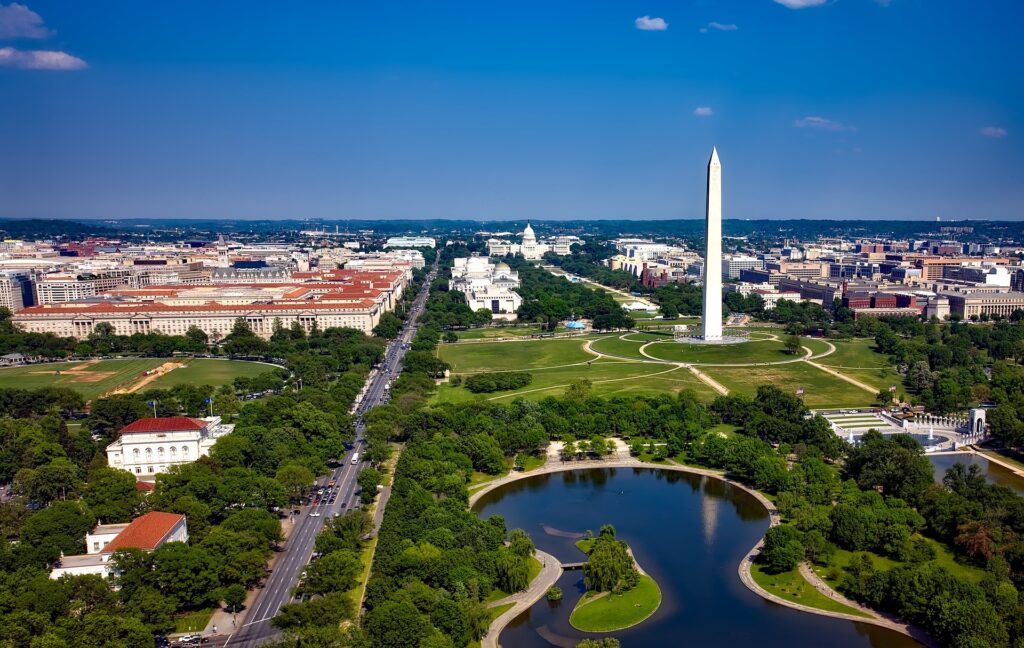By Gideon Rachman
Published: February 5 2009 20:39 | Financial Times
Taking questions from staff at the state department this week, Hillary Clinton highlighted the hard-headed approach she hopes to take to the US’s relations with the rest of the world, write Daniel Dombey and Demetri Sevastopulo. “When we talk about the three pillars of American foreign policy – defence, diplomacy, development – they’re not just words to the president and me,” the new secretary of state (below) declared, repeating a formula she has spelled out several times in the days since she took office.
Singularly absent from her outline of the struts of US foreign policy is a fourth “D” – democracy promotion – a goal that served as one of the guiding themes of the Bush administration.
The Obama administration has gone out of its way to signal a pragmatic, non-ideological approach. It is a modus operandi that stresses continuity with policy under George W. Bush in terms of the tools it uses while setting out arguably more “realistic” goals.
“This team is very deliberate and what you’ll see is them taking a long look at what they’ve inherited to see what of that works,” says a US official. “They have learnt the lesson from the beginning of the Bush administration, which threw everything out that had to do with [former president Bill] Clinton.”
Mrs Clinton’s “three D’s” mantra uses a vocabulary of the possible rather than charting grand objectives. It suggests that the US will continue to assert its military might while emphasising the kind of diplomatic outreach many US allies called for during Mr Bush’s presidency. The secretary of state also wants to use US aid to put pressure on countries such as Iraq, Afghanistan and Pakistan and to win control of assistance currently dispensed by the US military so that it can be more easily put to the service of political goals.
In a phrase Mrs Clinton has borrowed from Joseph Nye, a Harvard professor, and Richard Armitage, a former Bush administration state department official, she labels such an alliance of “hard” and “soft” power as “smart power”. Her stance is bolstered by similar positions struck by President Barack Obama and Robert Gates, defence secretary – a veteran champion of “realism” in the long-running Washington debate with liberal interventionist “idealists”.
Not for nothing did Mr Obama promise to work with authoritarian states in his inaugural address. While Mr Bush used his second inauguration to set out “the ultimate goal of ending tyranny in our world”, Mr Obama told undemocratic states that “we will extend a hand if you are willing to unclench your fist” – an offer he later explicitly addressed to Iran.
Indeed, just days before taking office, the then president-elect took care to avoid Mr Bush’s emphasis on free elections. “Elections aren’t democracy, as we understand it,” Mr Obama told The Washington Post, stressing priorities such as freedom from arbitrary arrest and fighting corruption. “They are one facet of a liberal order.”
Mr Obama’s emphasis on stabilising Afghanistan to reduce the threat of terrorism rather than on establishing a US-style “Jeffersonian democracy” follows this train of thought, as did his pre-election suggestion to General David Petraeus, then the commander of forces in Iraq, that the US should be content with a “messy, sloppy status quo” in that country.
Ahead of Mr Obama’s expected approval of the deployment of 12,000 more soldiers to Afghanistan, Mr Gates has also suggested that the US scale back its ambitions, cautioning that any attempt to create “some sort of Central Asian Valhalla over there” would inevitably fail.
Yet while the goals set out by the Obama administration may differ from – or sometimes be more pragmatic than – those endorsed by the Bush administration – the tools it employs are often the same. Last week Mr Gates signalled that the US would continue to launch missile strikes against suspected terrorists inside Pakistan. Less than three days after Mr Obama moved into the White House, the CIA carried out such a strike, an attack that almost certainly was approved by the new president.
Other instruments established by Mr Bush and set to continue include the six-party talks on North Korea’s nuclear programme, which Mrs Clinton has labelled “essential”, and similar discussions on Iran. “Where continuity is appropriate, we are committed to doing that,” Mrs Clinton said, also instructing Todd Stern, her climate change envoy, to take part in both “United Nations negotiations and processes involving a smaller set of countries” – an apparent reference to Mr Bush’s controversial “major emitters” grouping.
“From Iran to the plans for an early meeting with [Russian president Dmitry] Medvedev to recent statements on Afghanistan, there is a strong realist strain appearing, although whether that will hold sway at the end of the day remains to be seen,” says Cliff Kupchan, a Washington-based analyst and former Clinton administration official.
While the debate between realists and idealists that rocked the Bush administration continues, Mr Kupchan observes that now “the portions of meat and vegetables are different”.
Copyright The Financial Times Limited 2009
